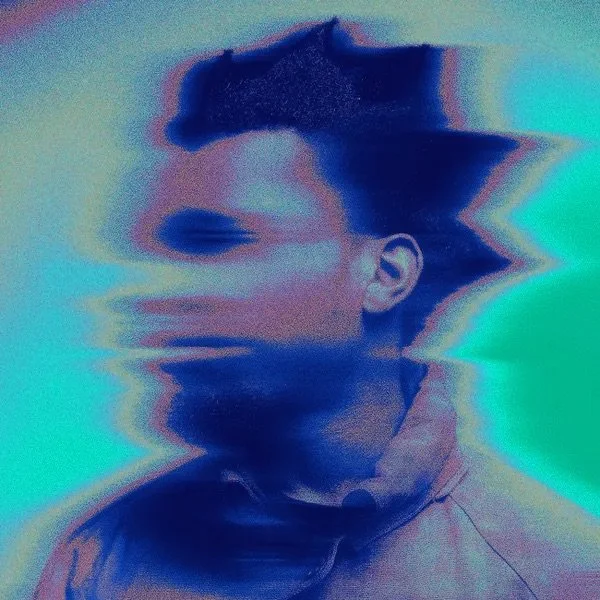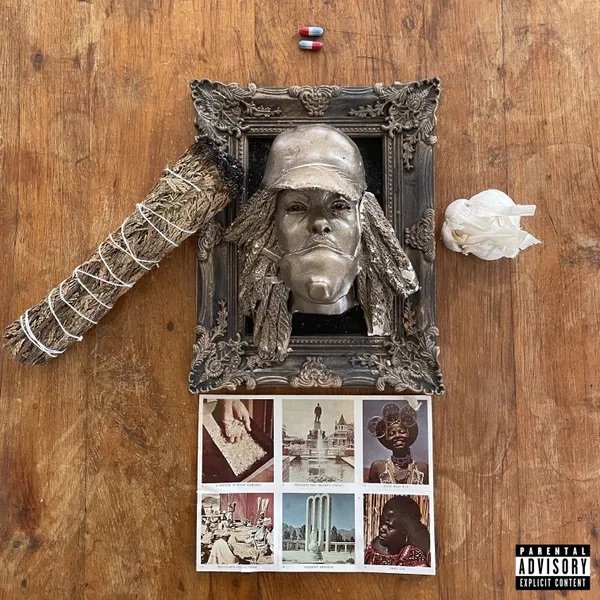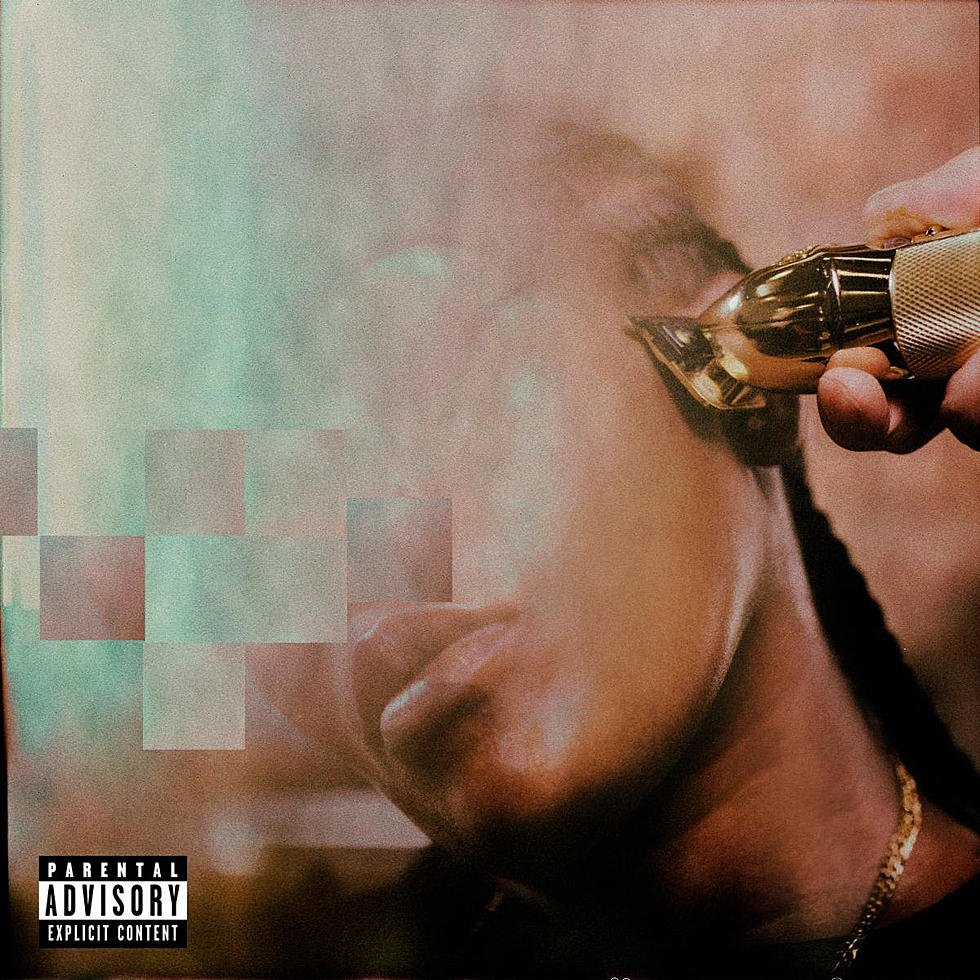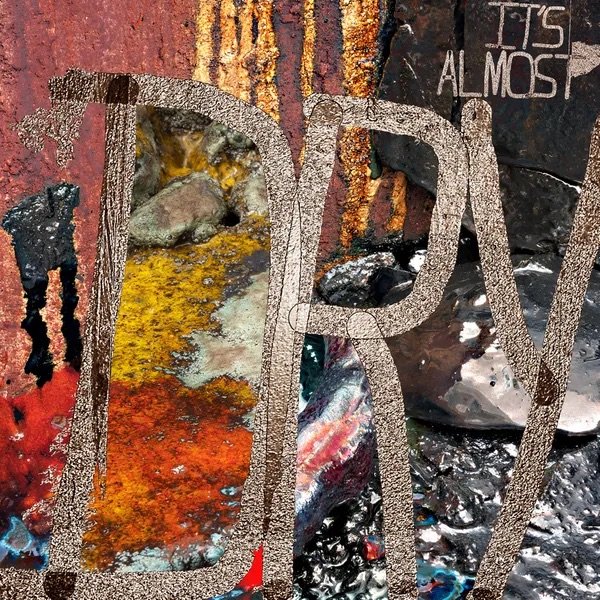A great deal of the older generation has zero tolerance for rap or hip-hop; it's an understandable stance given rap's inception truly began in 1977. By the time the Sugarhill Gang hit the radio, most(not all) baby boomers had already given up on experimenting with new genres of music, not to mention the social divide of culture and skin color of the time.
Perhaps another distaste of the hip-hop genre is the feeling of exclusivity like we don't belong or can't relate to the lyrics. I think this is more of an issue in the early 80s and 90's when the scene WAS exclusive. The larger that hip-hop tree grows, the more inclusive it becomes. There is a facet for everyone now, even if that small corner is guys rapping about American history in Hamilton or clever Lil Dicky rapping about saving money. Perhaps Macklemore rapping about thrifting is your flavor, or Matisyahu rapping about orthodox Jewish spiritualism might be your jam. Perhaps you're like me and have a love for it all. There is something for everyone in this ever-expanding genre. It's a beautiful time, and we should keep our minds open to things we don't understand.
Some take issue with how hip-hop music is made, using samples of recorded music chopped and reshaped to suit the rap cut. At the core, this is not a new concept. Every piece of art and music is rooted in that which came before it, borrowing ideas, methods, and perceptions to create something new. Since the foundation of music theory, humans have found a limited number of consonant notes and combinations of those notes. So is anything new? Original? Or is it all just a rearrangement of something that already exists, interpolated, renditioned, or maybe sampled? Take "Avalon," composed in 1920 by Buddy DeSylva, Al Jolson, and Vincent Rose; this piece has over 300 interpolations, renditions, or covers. Another great example is "My Favorite Things," with over 1000. How many versions of Beethoven's 9th exist? How many of those conductors have taken creative liberties? If the issue is credit, on the other hand, we live in the future, and "sample clearance" is a colossal money exchange; artists are paid fairly for the use of their music when used in a sample. Ask Steely Dan how much they've made from the Kanye use of their snippit.
Another argument against rap music is the violent, misogynistic, homophobic, or explicit lyrical content. While I don't condone homophobia, misogyny, or violence, It is important to note that, like all other lyricists, rappers write songs about what they see and experience. I would say that the content of the rap lyrics speaks more to the cultural climate than the lyrics. Generations of African Americans have experienced violence and mistreatment and have been disenfranchised and commodified. Why wouldn't you write songs about those traumatic experiences? As a listener, why wouldn't you buy that record that contains experiences you can relate to or helps you understand the hardships of other cultures? There is merit to rap lyrics despite the explicit nature, the rhyming patterns, the flow of words within the given beat structure, the timing of sentences, and the poetry. Rap is an objective art form PERIOD.
All of these words are not to convince those who dislike hip-hop to go out and buy a Kendrick Lamar album. It's to defend my absolute love of the genre. To articulate why it exists, why it's important, why your kids love it, and why hip-hop and rap are so much more than Hamilton tickets. I wrote this because I am experiencing a deep love and admiration for an incredible year for rap music, perhaps the most profound year since I've been paying attention.
I find the history of rap and hip-hop an exciting study, and there has never been a better time than now. The over-saturation of streaming programming has yielded a plethora of hip-hop/rap documentaries and biopics. Even the amount of books on the subject is rich and available. Something that keeps coming up in my studies is this ten-month period where some of the genre's most influential hip-hop albums were released. While I think there is plenty of review of this period, I did feel it was necessary to touch down on this because I am under the opinion that we are currently living in a similar run of rap music. Each of these albums holds a special place in hip-hop history, a new sprout on a young sapling that has grown into mighty branches of a gigantic and beautiful tree. Between November 1993 and September 1994, these eight albums were released:
-A Tribe Called Quest - Midnight Marauders
-Wu-Tang - 36 Chambers
-Snoop Dogg - Doggystyle
-Ice Cube - Lethal Injection
-Nas - Illmatic
-Outkast - Southernplaylisticadellicmuzik
-Beastie Boys - Ill Communication
-Notorious B.I.G. - Ready To Die
Now here we are nearly 30 years after that incredible run, and something strange and wonderful has happened in hip-hop and rap; it has dug its way from the underground and has become the most popular genre listened to in the US. The genre seems to have a renaissance where the abstract is taking hold, and the anarchy is consuming itself by rules absent at its inception, I call it future music. This idea may not make sense, but one album from last year sums this idea into a perfect package:
Injury Reserve - By The Time I Get To Phoenix.
So all this blabbering to get to the meat of this review. This collection of rap albums from 2022 has me mesmerized, impressed, and joyful:
Billy Woods - Aethiopes
One half of the duo Armand Hammer, New York's own Billy Woods, has been on the scene since 2004, hiding from me in the underground. I discovered this with the help of a musical muse; neither of us has heard anything quite like this. Sampling from the most abstract, unknown jazz albums, along with exciting flows and subtle slapping beats, nothing quite like this out there. Future music.
ELUCID - I Told Bessie
The other half of the duo Armand Hammer and the Baader-Meinhoff phenomenon in action; This album has a special touch and is a bit more palatable and traditional than the Billy Woods, as mentioned above. The beats and flow are unique, making it quite a fun listen. The production has a light touch that calls to the idea of minimalism.
Benny The Butcher - Tana Talk 4
One-third of the trio known as Griselda, Benny deals in some of the coldest and grimmest bars of the New York underground. This album exists in the intricacies of the daily struggle of street life, bad luck, and hard-earned life lessons. Featuring P. Diddy and J. Cole
Black Thought/Danger Mouse - Cheat Codes
Thirty-four years after the foundation of the Roots, Black Through has solidified his lyrical prowess time and time again; this work is no different. Each verse is full of complex ideas and references that challenge the listener to be more educated in the realm of hip-hop and rap culture. Danger Mouse's production makes this contender for one of the best rap albums of the 2020s
Denzel Curry - Melt My Eyez See Your Future
This artist has emerged from the gen z underground and found his way to the light of the mainstream. This album plays as a traditional rap record, is easy to listen to, and subconsciously has you bobbing your head. Forty-five minutes full of unique flow timing and prominent features makes this my favorite release of his discography.
Earl Sweatshirt - SICK!
A 24-minute lockdown creation, unlike his previous releases, has all of the fantastic nuggets of rap flow on the top, easy to digest and understand. Former Odd Future alumni continues to show his magic on his 5th studio release. Short, sweet, lovely production and slow flow make this a bit of 2022 rap caviar.
Leikeli47 - Shape Up
Leikeli47, the only female on this list, holds her own with some of the most rigid bars on this entire list. In Shape Up, Leikeli distinguishes between hard-hitting lyrics and magical R&B fairydom. Many low-end frequencies take home on this record—my favorite one of her releases.
Pusha T - It's Almost Dry
This album is a direct sequel to the 2018 masterpiece: Daytona, building on the same themes and ideas with complex sample production and traditional composition. Produced in full by Kanye West and Pharrell Williams, maybe the best depiction of modern mainstream rap today. Another short and sweet album leaves little but the point it's scratching at in its short 35-minute runtime.
JID - The Forever Story
I'm late to the JID story, as this is my first introduction to this 31-year-old prodigy. Top Notch production aligns with the sharp lyrical flow from the Atlanta native; the yield is fun and almost-educational experience. This album is stuck on replay, for each song is full of ideas, nuance, and feature support. I am on my 17th listen through this album and am still unfolding parts of the sonic soundscape, lyrics, and deeper themes. While cleverly rapping about serious issues, JID takes it all in stride with a lighthearted, almost comical approach. "I got the shit you could play for your momma," he proudly belts, then quietly whispers, "I got the shit you could play for them hoes" this nearly sums up the duality and cleverness of this LP. The 59-minute record flies by with so few dull moments; for me, it's tied for the best Hip-Hop album of the year, only contending with the goat himself, Kendrick Lamar.
Kendrick Lamar - Mr. Morale & The Big Steppers
Kendrick returns with the first LP since 2017's Pulitzer-winning album DAMN. The album was prefaced with an iconic video-accompanied single, The Heart Part Five. If you've made it to this point in your life and you haven't listened to the prior Kendrick discography, stop what you're doing right now and start at the beginning. While studying this album, I wondered how many people, at the time, were aware of the cultural impact of the Beatles, David Bowie, or Miles Davis. How many people thought to themselves, "The future of music will never be the same." With no ego and some subjectivity, this is the case here. The game has been changed, and the cultural impact will continue to reveal itself. MMATBS seems to play as a personal concept album, full of left turns, consistent themes, top-tier production, and gorgeous lyrical flow. Each song ebbs with avant-garde musical stylings and delightfully flows with clever lyrics that, after twenty listens, leave me with still so much to unpack. This album feels more like a Radiohead, Frank Zappa, or Sun Ra; the utmost complexity, packaged in a palatable, digestible bowl, one only needs to bring their open-mindedness as the metaphorical spoon. Kendrick reminds us that he is not a god but merely a man that faces the same bullshit that all of us do. The man's lyrics suggest he struggles with cancel culture and perceived lack of redemption, The hypocrisy in neo-liberalism, and the work needed for personal fidelity. Every aspect of the album seems more personal than anything in his previous work. It's hard to find the words to accurately convey this album's brilliance; It's a masterpiece.










